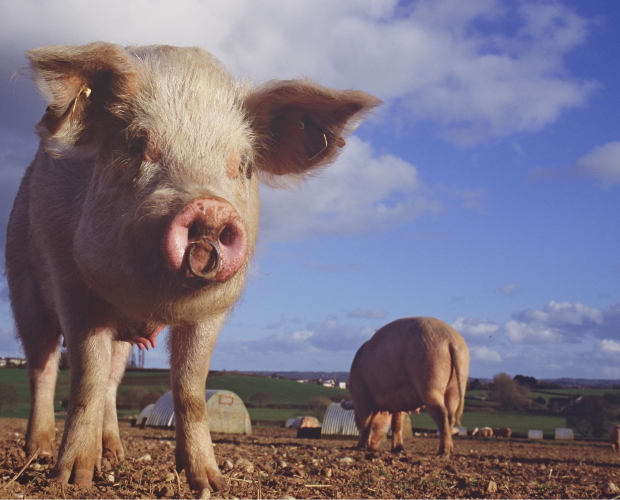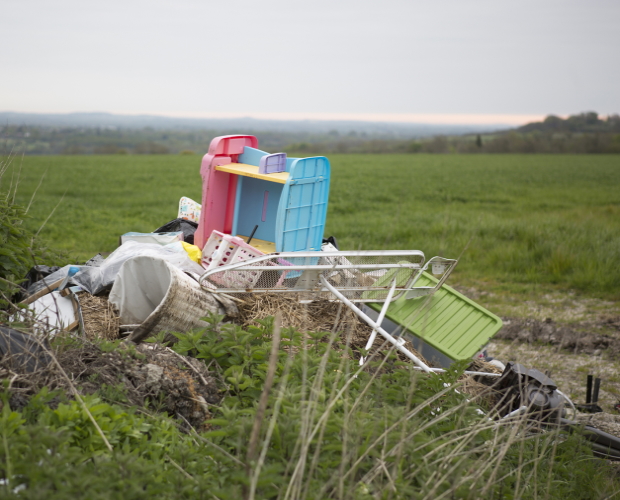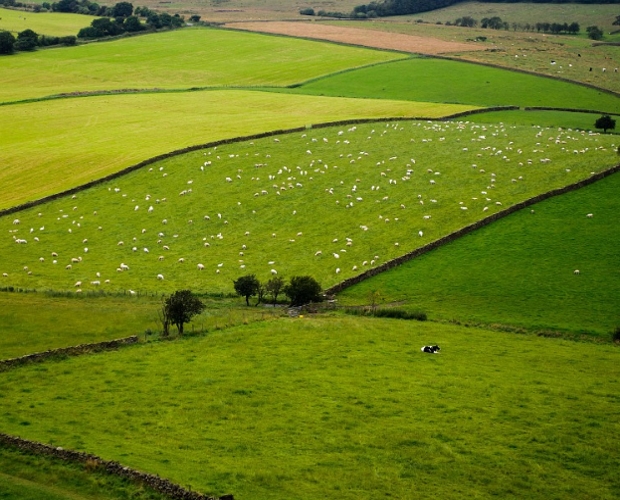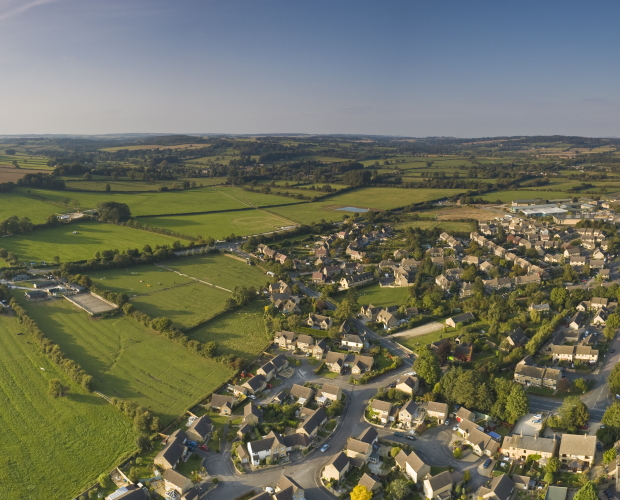
Rural villages ‘under assault’ by greenfield property development
The Express reports that analysis by the Campaign to Protect Rural England suggests there are currently more than 400,000 homes with planning permission on greenfield sites

The Express reports that analysis by the Campaign to Protect Rural England suggests there are currently more than 400,000 homes with planning permission on greenfield sites

The BBC has reported that some residents living in rural villages have raised concerns over a

Under the Provisional Settlement proposals, the gap in funding between rural and urban areas will, in fact increase. There is therefore a continuation of historic underfunding and unfairness for rural

Since the summer launch of Broadcast 2040+, the campaign has gone from strength to strength. The campaign has expanded the coalition of partners (of which the Rural Services Network is

Defra is increasing money available for farmers and land managers.

Countryfile reports that fly-tipping and illegal dumping in the countryside is costing £1 billion every year, as a recent report by MPs accuses DEFRA and the Environment Agency (EA) of

Devon Live reports that a six-week

The Henley Standard reports that services calling at two rural villages near Henley are to be reduced in a hit to local transport services

£3 million available for charities and community groups to support vulnerable energy consumers and reduce carbon emissions through Ofgem Energy Redress Scheme

No-one should Be disadvantaged by where they live. This is meant to be a fundamental principle of government policy. In the real world, however, these are just fine words.

The Express reports that analysis by the Campaign to Protect Rural England suggests there are currently more than 400,000 homes with planning permission on greenfield sites

The BBC has reported that some residents living in rural villages have raised concerns over a

Under the Provisional Settlement proposals, the gap in funding between rural and urban areas will, in fact increase. There is therefore a continuation of historic underfunding and unfairness for rural communities.

Since the summer launch of Broadcast 2040+, the campaign has gone from strength to strength. The campaign has expanded the coalition of partners (of which the Rural Services Network is one) and the message – the importance of safeguarding the future of Digital Terrestrial Television (Freeview) and broadcast radio beyond 2040 – has resonated well with Parliamentarians, the media and the public.

Defra is increasing money available for farmers and land managers.

Countryfile reports that fly-tipping and illegal dumping in the countryside is costing £1 billion every year, as a recent report by MPs accuses DEFRA and the Environment Agency (EA) of making slow and piecemeal progress in tackling the “antisocial, polluting and costly impacts” of waste crime

Devon Live reports that a six-week

The Henley Standard reports that services calling at two rural villages near Henley are to be reduced in a hit to local transport services

£3 million available for charities and community groups to support vulnerable energy consumers and reduce carbon emissions through Ofgem Energy Redress Scheme

No-one should Be disadvantaged by where they live. This is meant to be a fundamental principle of government policy. In the real world, however, these are just fine words.